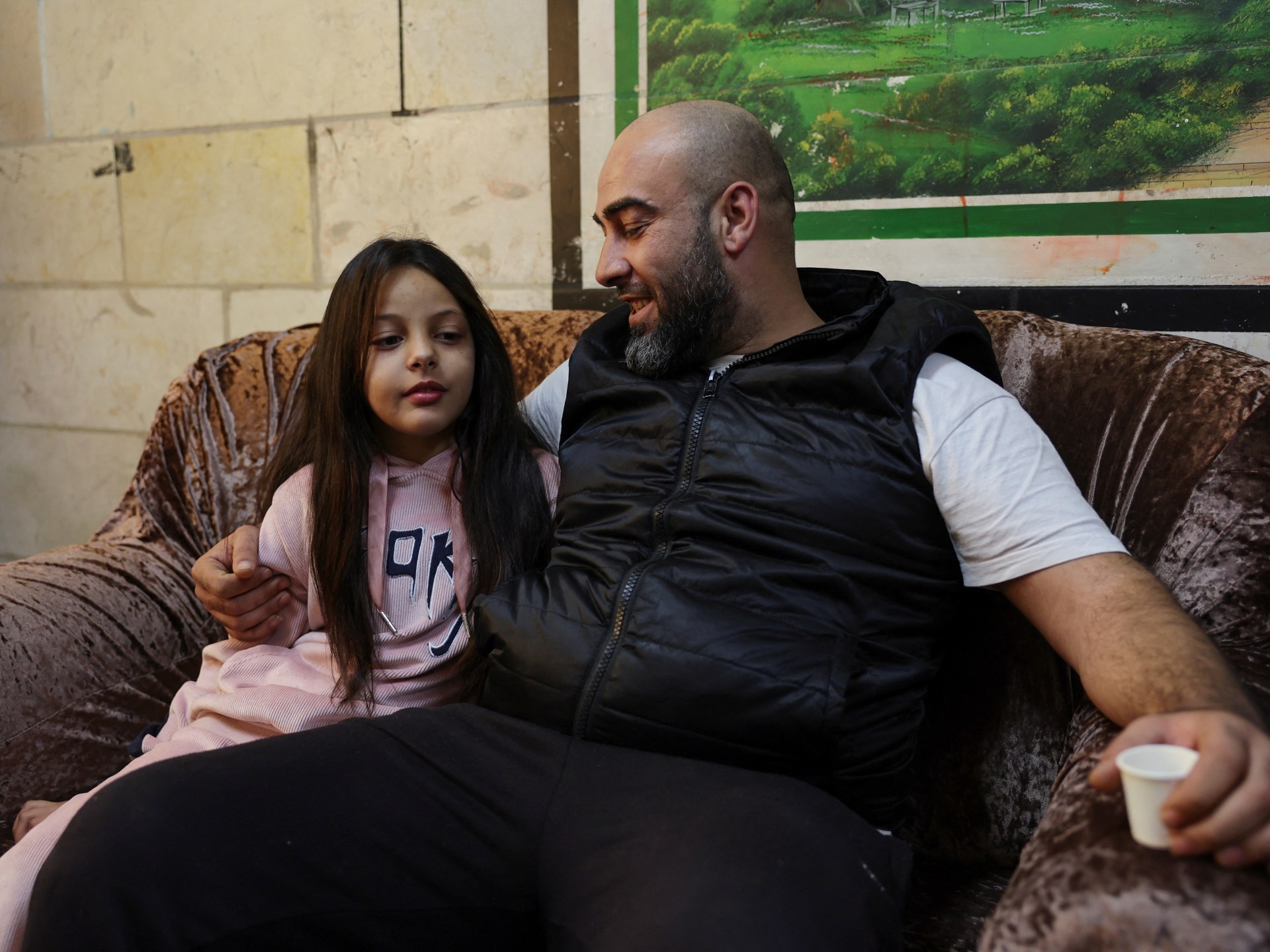Over the first four days of Israel-Hamas prisoner exchange, Israel arrests 133 Palestinians while releasing 150.
…
But the worry for Palestinian prisoners does not end after their release. The majority of those freed are usually rearrested by Israeli forces in the days, weeks, months and years after their release.
Dozens of those who were arrested in a 2011 Israel-Hamas prisoner exchange were rearrested and had their sentences reinstated.
…
Many of the women and children released during the truce have testified to the abuse they experienced in Israeli prisons.
Several videos have also emerged in recent weeks of Israeli soldiers beating, stepping on, abusing and humiliating detained Palestinians who have been blindfolded, cuffed and stripped either partially or entirely. Many social media users said the scenes brought back memories of the torture tactics used by United States forces in Iraq’s Abu Ghraib prison in 2003.



In my experience most people who say it’s not an apartheid haven’t really studied the history of Apartheid South Africa.
There are many features that resemble it, such as the tiered rights system, shifting people into designated areas with a system of checkpoints and barriers, creating resource scarcity, etc.
Even the rhetoric about God giving the land to the ruling ethnic group (who in both cases had ancestors subjected to concentration camps) is a similar narrative.
It’s no coincidence that present-day South Africa has been one of the loudest voices calling for UN intervention in Gaza.